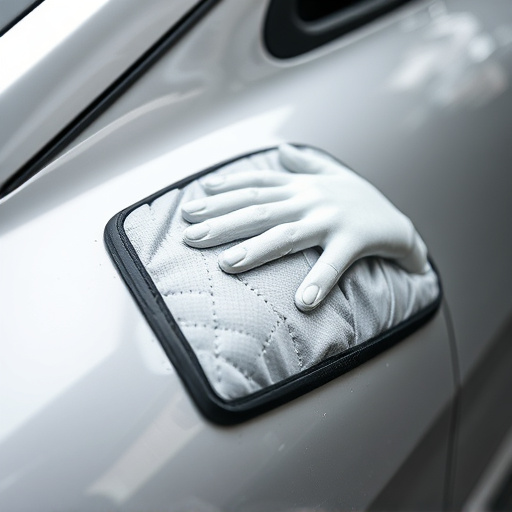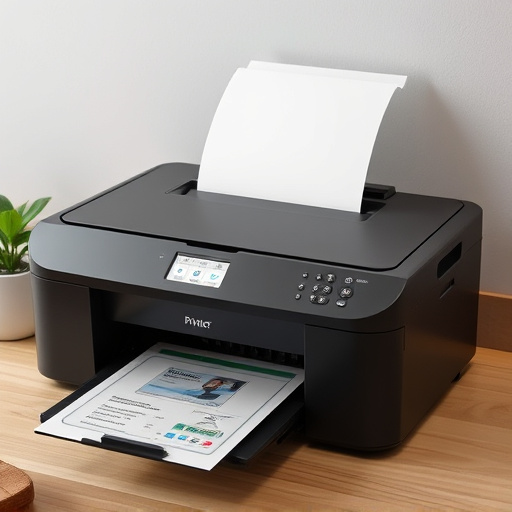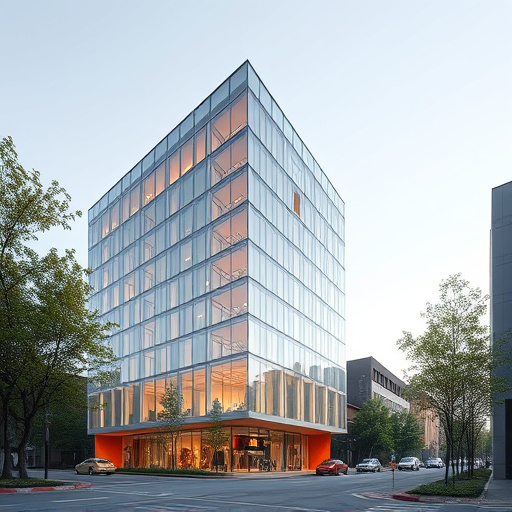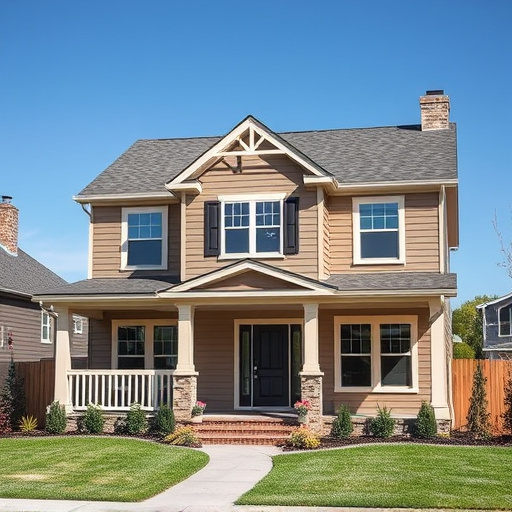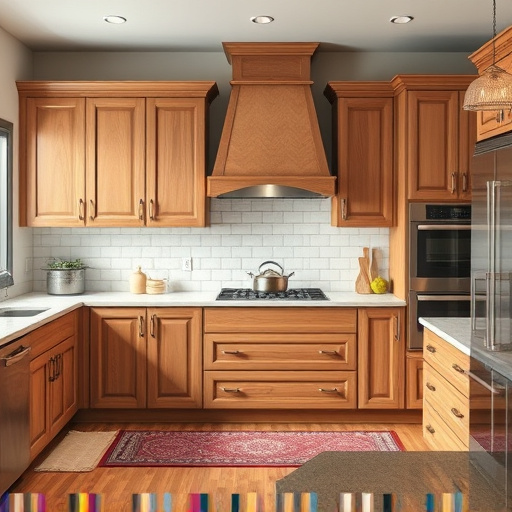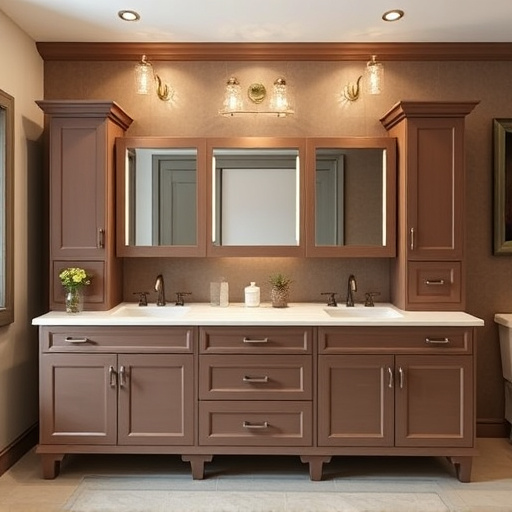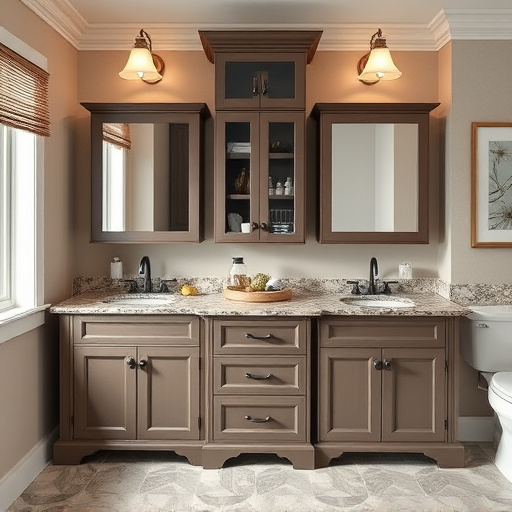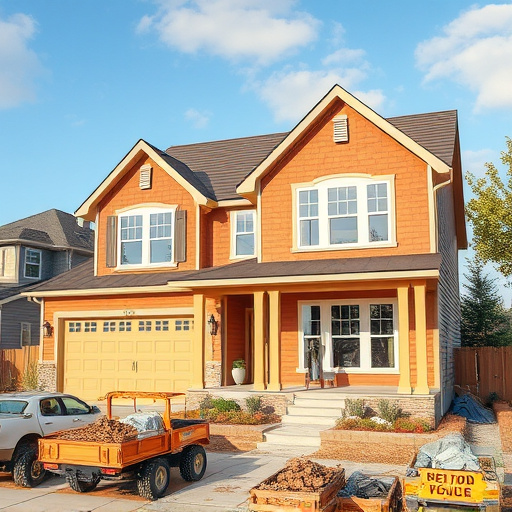Understanding hardwood flooring warranties is crucial for homeowners and contractors. Common defects covered include warping and cracking, but exclusions exist for normal wear, water damage, improper installation, and customized work. Warranty durations vary from 10 to 25 years, with repairs or replacements available for eligible issues. Close inspection of exclusions ensures proper care and maximizes warranty benefits for protecting your hardwood flooring investment.
Understanding warranty terms is crucial when investing in hardwood flooring. This guide aims to decipher complex language and shed light on what’s covered and not under your warranty. We’ll explore common claims, help you navigate exclusions, and provide tips to maximize protection for your valuable hardwood flooring investment. By familiarizing yourself with these details, you can ensure a smooth experience from installation to maintenance.
- Deciphering Common Warranty Claims for Hardwood Flooring
- What Is Covered and What Isn't Under Your Warranty?
- Maximizing Your Protection: Understanding Exclusions and Limits
Deciphering Common Warranty Claims for Hardwood Flooring
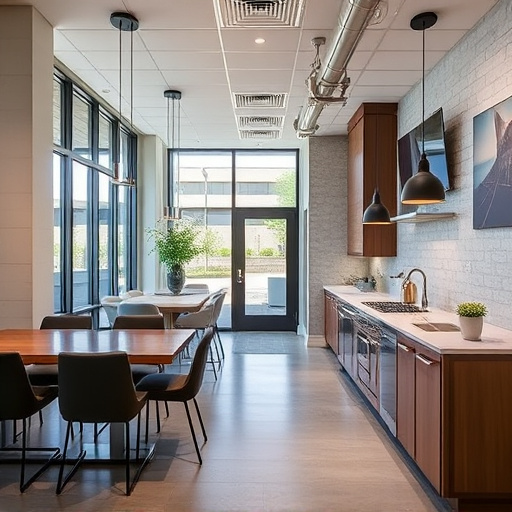
When it comes to hardwood flooring, understanding warranty claims is a crucial step for any homeowner or contractor involved in a kitchen remodel or other interior painting and renovation projects. Common warranty terms often cover defects in materials and workmanship, such as cracks, warping, or delaminating. These warranties typically have specific timeframes, with different levels of coverage depending on the product type and manufacturer.
Deciphering these claims can be a bit tricky due to varying language and exclusions. Some warranties might exclude certain conditions like normal wear and tear, water damage, or improper installation. For instance, a customized work clause may apply when unique flooring designs are involved, requiring homeowners or contractors to understand the terms to ensure they are protected during the warranty period.
What Is Covered and What Isn't Under Your Warranty?
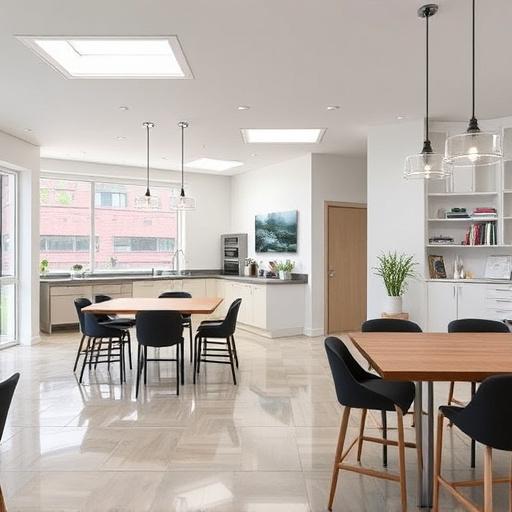
When purchasing hardwood flooring, understanding what’s covered and what isn’t under your warranty is crucial for any hardwood flooring project. Most warranties typically cover manufacturing defects, such as warping, cracking, or loose boards. They also often include protection against issues arising from improper installation by a qualified professional. However, they generally do not cover damage caused by incorrect interior painting techniques, heavy furniture, or extreme weather conditions. Moreover, aesthetics like variations in wood color and grain patterns, which contribute to the unique character of hardwood flooring, are usually not warrantable.
In terms of scope, warranties may extend for 10 to 25 years, covering repairs or replacements for eligible issues. However, it’s essential to read the fine print as exclusions vary widely. For instance, some warranties might not cover floors in high-moisture areas like bathrooms or kitchens and bath spaces unless specific installation guidelines are followed. Customized home renovations should also be considered separately, as they may come with different warranty terms based on the unique aspects of the project.
Maximizing Your Protection: Understanding Exclusions and Limits
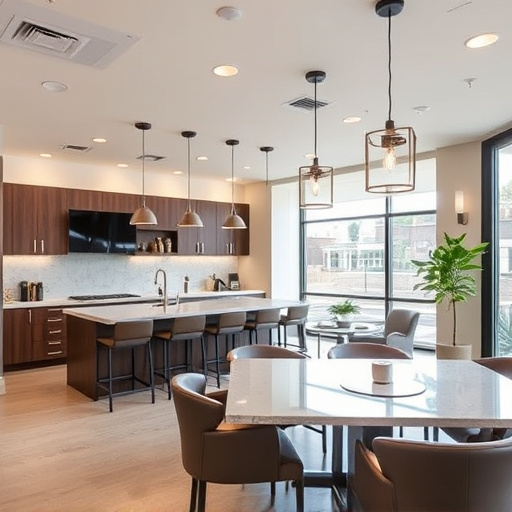
When purchasing hardwood flooring, understanding the warranty is paramount to ensuring maximum protection for your investment. While warranties offer peace of mind, it’s crucial to comprehend the exclusions and limits they entail. These clauses specify what is covered and what isn’t, including common issues like damage from water, improper installation, or normal wear and tear. By grasping these parameters, you can make informed decisions about maintenance and care, aligning with the warranty’s guidelines.
For instance, many hardwood flooring warranties do not cover damages incurred during or after installation, especially in high-moisture areas like kitchens and baths. They also often exclude coverage for issues arising from normal use over time. Knowing these exclusions empowers you to safeguard your floors by implementing preventive measures and choosing the right care products, ultimately maximizing the warranty’s benefits and extending the lifespan of your hardwood flooring in functional spaces throughout your home.
When purchasing hardwood flooring, understanding warranty terms is crucial for maximizing protection and ensuring peace of mind. By deciphering common claims, knowing what’s covered and what isn’t, and being aware of exclusions and limits, you can navigate this aspect of your purchase effectively. Remember that a thorough understanding of your warranty allows you to appreciate the quality and longevity of your hardwood flooring investment.

